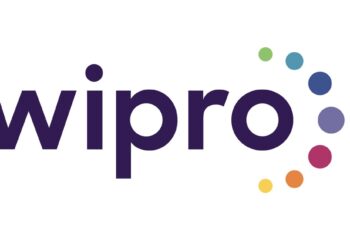So, you’ve been using a Content Delivery Network (CDN) for quite some time. You are largely happy with its services and would like to extend your contract. But how do you know you have the right CDN? Are you aware of all of the positive and possible negative ways your CDN may impact your website and its SEO ranking?
One of the most ignored factors while choosing (or rejecting) a CDN is its impact on a website’s SEO ranking. Let us briefly discuss how a CDN can affect your search ranking by shedding light on the relevant factors.
CDN and SEO: How the two connect?
You should know, How your CDN’s positive and negative website imapact, There are multiple areas of your website performance that affect your SEO ranking, These includes:
1. Server Response Time:
The server response time is generally known as ‘Time to First Byte’ (TTFB) within the domain. TTFB is also called ‘waiting’ by Google (as it is literally a wait for the initial HTML response by a server). The ideal TTFB for a good search engine ranking is below 200 milliseconds. The faster it is the better. CDNs enhance your TTFB through proxy servers (located close to the end-user) and web caching. It streamlines the response by differentiating full HTTP response and chunk HTTP response depending on the application. After initial caching, it can be further optimized to accommodate slow-loading images and dynamically populating the web page.
2. HTTPS:
There has been a considerable emphasis on secure websites given the wide-ranging threats that a user is vulnerable to over the internet. In order to drive positive results, several search engines including Google have said that they will not penalize their platforms redirecting users from HTTP to HTTPS. You can easily set up your HTTPS migration via your CDN. However, this process goes beyond merely changing protocols and you should meticulously plan it even if you are using a Content Delivery Network (CDN).
3. Mobile-friendly Websites:
There are more than 4 billion internet users globally. Out of them, around 3 billion are active mobile social media users. The point being is that internet adoption is largely driven through mobile devices. In India, internet penetration has already reached 566 million in 2018 according to a recent Kantar IMRB study. Out of this, 97% of people are using the internet via mobile devices.
Simply put, people prefer accessing web applications and websites via their handheld devices while they are on the go. So, if your website is not mobile-friendly, it will naturally have a lower SEO ranking, With several features such as device detection, network optimization, CDN logic (to decrease the network bandwidth usage), and site migration (redirecting a user to a mobile website), CDNs can help you make a sizeable difference in this regard.
4. Lower Downtime:
Higher downtimes can considerably decrease SEO ranking and can even bump your website out of the search results, a CDN with minimum to negligible downtime with predefined SLAs can ensure this doesn’t occur. Otherwise, your page rank might eventually bear the brunt since search engines badly rate unreliable websites.
Conclusion
Make sure to take all these factors that affect your SEO rating into consideration before extending the service period of your existing CDN. If you are not using one, doing so can help avoid negative impacts on your website and search traffic. The digital market is fast-expanding today. Make the most out of it by developing a positive and all-encompassing strategy.
Author: Ashwin Rao, Director, Limelight Networks, India


















